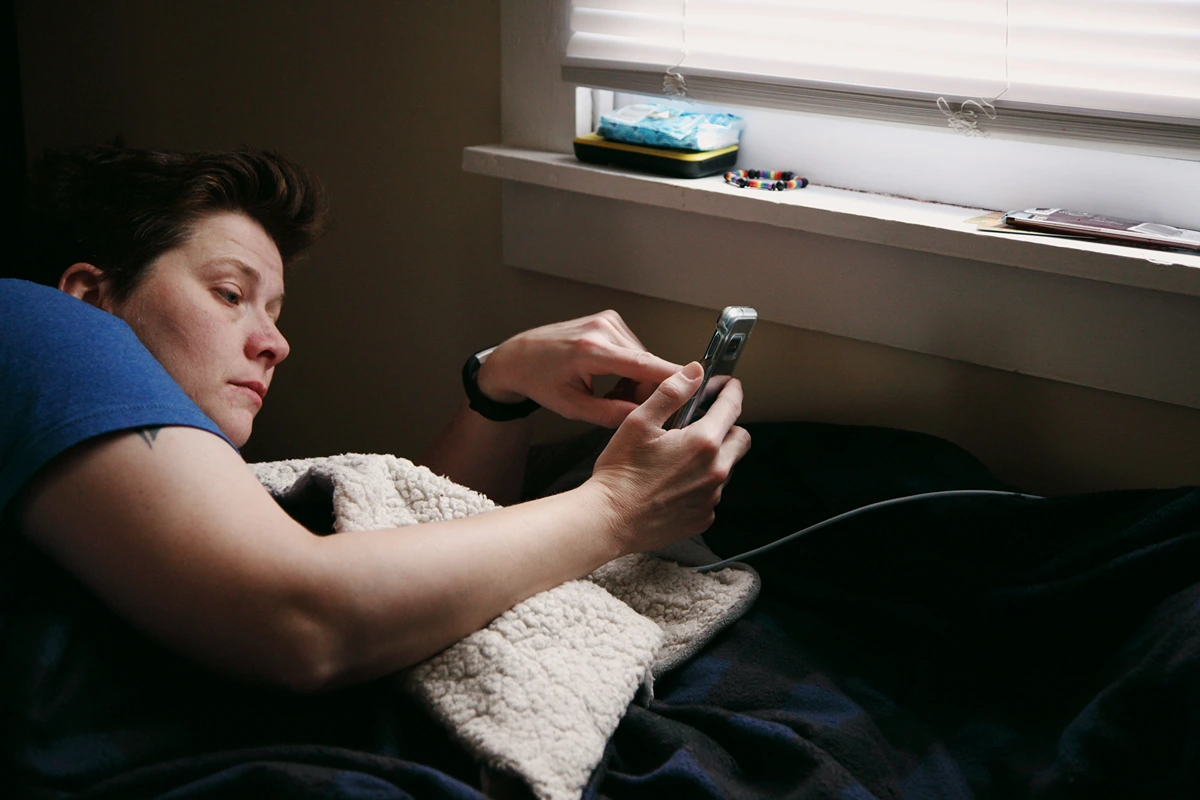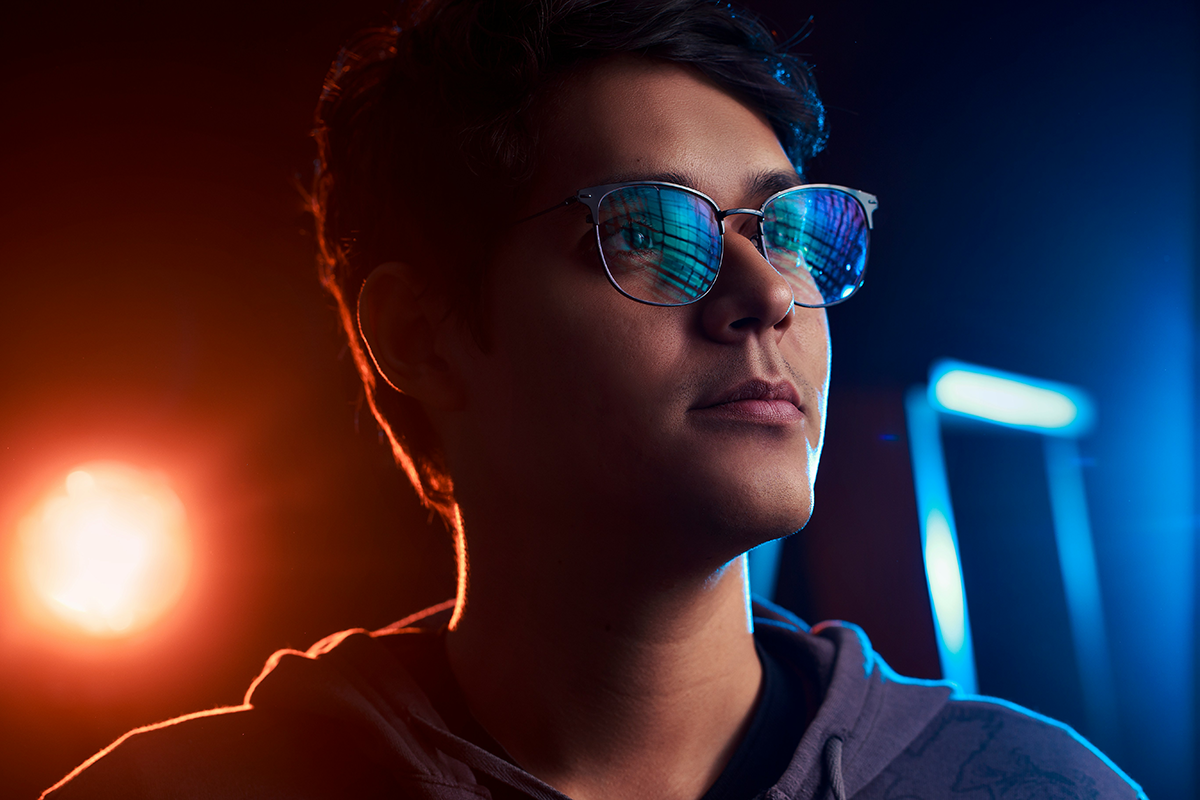Ever fall down a Scrolling Rabbit Hole only to Realise it’s Past Midnight?
You’re not the only one. Phones, tablets and laptops are brilliantly designed to keep us engaged, but that buzz comes at a cost: your sleep. Let’s unpack why late night screen time sabotages shut‑eye—and map out a few tiny habit tweaks you can try tonight with your bedtime routine.
Why Does Late Night Screen Time Keep You Awake?
- Blue‑Light Overload – Evening exposure delays melatonin, your body’s natural “time for bed” signal (Hale & Guan 2015; Lissak 2018).
- Mental Stimulation on Tap – A cliff‑hanger episode or doom‑scrolling spike your brain’s arousal, making it tougher to wind down (Nagata et al. 2023).
- Ping! Ping! – Late‑night notifications jolt you out of light sleep cycles—even if you barely remember them by morning (Exelmans & Van den Bulck 2016).
- Bedtime Procrastination – Endless feeds trick us into ‘just one more swipe,’ pushing bedtime later (Liu et al. 2025).
Your One‑Hour “Digital Sunset”
Think of this as dimming the lights on your digital world:- Power‑down window: Park phones, tablets and laptops at least 60 minutes before bed. Set an alarm on the device itself so it reminds you to disconnect.
- Night‑shift tools: If a late email has to happen, switch on blue‑light filters or pop on amber glasses—studies link filter use to better sleep on screen‑heavy nights (Shechter et al. 2018).
5 Micro‑Wins to Test Tonight for a Digital Sunset
- Out‑of‑Reach Charger – Leave your phone in the hallway; you’ll cut midnight scrolls and snooze‑button marathons.
- Paper Back‑Up: Keep a paperback or journal by the bed. Swapping scrolling for reading slows racing thoughts.
- Notification Audit: Toggle off non‑urgent alerts after 8 p.m.
- Mini‑Meditation: Two minutes of deep breathing signals “rest mode” to your nervous system.
- Weekend ‘Detox’ Sprint: Feeling brave? Try a 24‑hour social break—digital‑detox studies show even short fasts boost mood and sleep (Radtke et al. 2021).
Key Takeaways
- Evening screens delay melatonin and ramp up mental arousal.
- A one‑hour digital sunset + simple habit swaps can noticeably improve sleep within days.
- Pick one micro‑win tonight—then notice how you feel in the morning.
References
- Hale, L., & Guan, S. (2015). Screen time and sleep among school‑aged children and adolescents: A systematic review.
- Lissak, G. (2018). Adverse effects of screen time on sleep and wellbeing.
- Shechter, A., et al. (2018). Blocking nocturnal blue light for insomnia: A randomised controlled trial.
- Nagata, J. M., et al. (2023). Bedtime screen use behaviours and sleep outcomes.
- Yang, J., et al. (2020). Problematic smartphone use and poor sleep quality: Meta‑analysis.
- Exelmans, L., & Van den Bulck, J. (2016). Bedtime mobile‑phone use and sleep in adults.
- Liu, Z., et al. (2025). Smartphone addiction and bedtime procrastination.
- Radtke, T., et al. (2021). Is digital detox effective? Systematic review.


